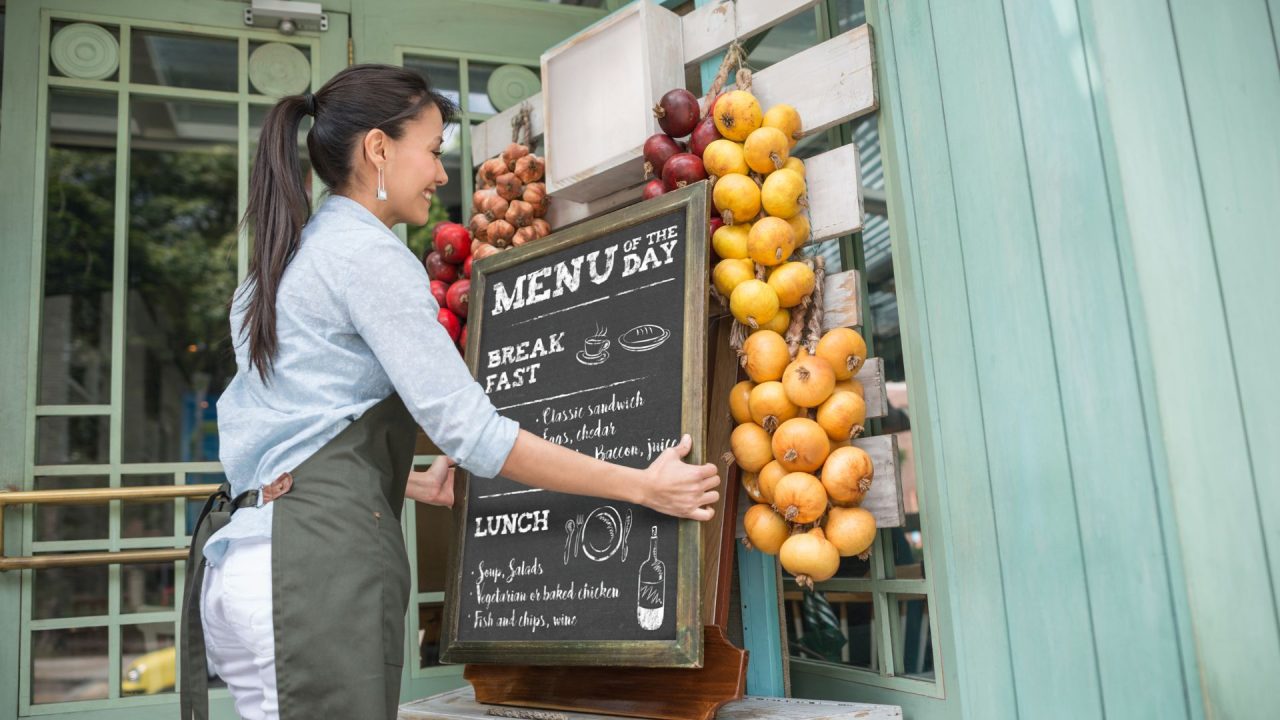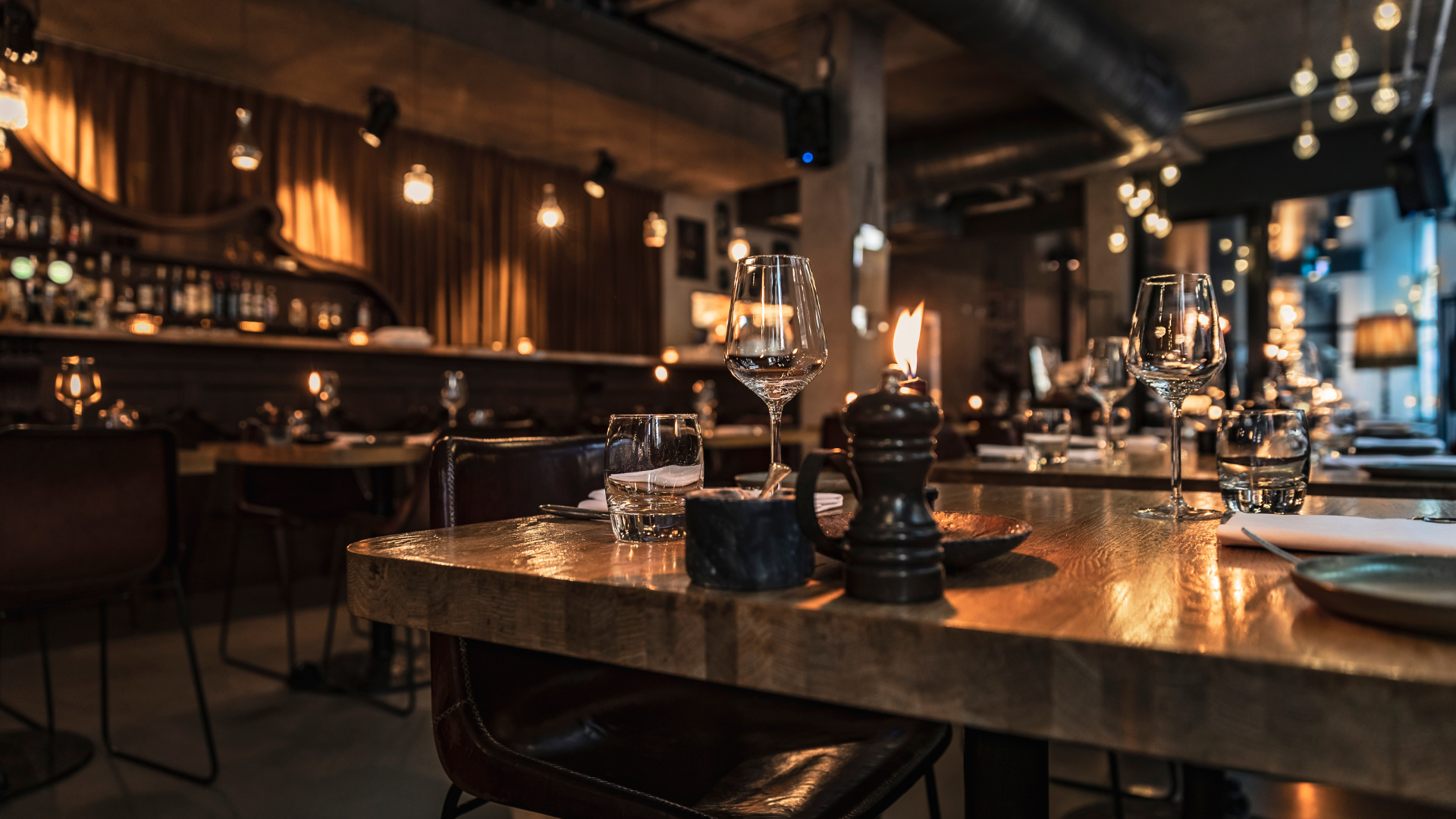The culinary world is a tantalizing landscape of flavors and experiences, and for those venturing into the UK hospitality industry for the first time, the prospect of opening a restaurant is nothing short of exhilarating. However, beneath the surface of culinary creativity and gastronomic dreams lie a series of considerations and challenges that demand meticulous planning and thoughtful execution. Whether you’re a seasoned entrepreneur stepping into the realm of dining or a passionate food enthusiast ready to turn your vision into reality, here are five indispensable factors to keep in mind before launching your inaugural restaurant venture in the vibrant UK hospitality scene.

1.”Location, location, location”: Unveiling the perfect spot
In the gastronomic realm, “location” isn’t just a buzzword; it’s the cornerstone of your restaurant’s success. Choosing the right location isn’t just about finding an available space; it’s about understanding the neighborhood dynamics, analyzing foot traffic patterns, and studying the competition. Conduct comprehensive market research to pinpoint areas with a compatible demographic for your restaurant concept. A high-footfall locale near shopping districts, office complexes, or tourist attractions can guarantee a steady stream of potential customers. Additionally, consider the ambiance of the area and whether it resonates with the vibe you wish to create. The right location isn’t just a physical address; it’s the canvas upon which you’ll paint your culinary masterpiece.

According to data from the UK Office for National Statistics, the number of licensed premises in the UK reached approximately 241,000 in 2020.
2. Regulatory compliance: Navigating the legal maze
In the intricate tapestry of the UK hospitality industry, regulatory compliance forms the foundation of trust and credibility. Navigating the labyrinth of legal requirements is essential for maintaining impeccable standards in food safety, health, and hygiene. Begin by obtaining the necessary licenses, permits, and certifications that validate your restaurant’s legitimacy. These might include food hygiene certificates, alcohol licenses, and adherence to health and safety regulations. Collaborate with professionals well-versed in legal nuances to ensure your restaurant’s operations align seamlessly with the established norms. Regulatory compliance isn’t just a mandatory chore; it’s the bedrock of a dining establishment built on integrity.
3. Concept and cuisine: Crafting a unique identity
Your restaurant isn’t merely a place to serve food; it’s an embodiment of your vision and creativity. Crafting a distinctive concept goes beyond the cuisine you serve—it encompasses the ambiance, theme, and experience you provide to patrons. Before opening your doors, define your restaurant’s identity. Will it be a rustic bistro celebrating local flavors, a fusion haven blending global cuisines, or a fine dining establishment epitomizing elegance? A strong concept serves as a guiding star, influencing every facet from menu creation to interior design. Additionally, develop a unique selling proposition (USP) that sets you apart from the competition. Whether it’s an innovative dining experience, an unwavering commitment to sustainable practices, or an exploration of culinary nostalgia, a well-defined concept becomes the narrative that customers connect with.
4. Financial planning: Calculated steps to success
In the realm of restaurant ownership, financial acumen is as essential as culinary prowess. Effective financial planning requires meticulous attention to detail, encompassing both initial setup costs and ongoing operational expenses. Create a comprehensive budget that factors in expenses such as rent, staffing, ingredients, equipment, marketing, and a contingency fund for unforeseen challenges. Determine your funding strategy—will you self-fund, seek investors, or secure a business loan? Each financial decision should align with your long-term goals, ensuring that your restaurant’s financial health remains robust even in the face of uncertainties. A well-structured financial plan doesn’t just ensure survival; it paves the way for steady growth and sustainability.

5. Marketing and branding: Crafting a culinary identity
In the digital age, a restaurant’s success isn’t solely determined by its culinary offerings—it’s equally influenced by its brand identity and online presence. Develop a captivating brand identity that encompasses a memorable name, an evocative logo, and a cohesive visual language that reflects your concept. Your restaurant’s website and social media platforms are virtual storefronts; make them engaging and inviting. Utilize platforms like Instagram, Facebook, and Twitter to share tantalizing food photography, behind-the-scenes glimpses, and interactive content that fosters engagement with your audience. Leverage pre-launch events to generate excitement and curiosity among potential patrons. Effective marketing isn’t just about attracting customers; it’s about creating an immersive narrative that aligns with your culinary philosophy.

A survey by Statista found that 55% of UK adults used social media for discovering and selecting restaurants, making social media an integral marketing channel.
6. Picking the right ePOS system
With the advent of technology, ePOS systems have become essential tools for streamlining transactions, managing inventory, and enhancing customer experiences. In this regard, Grafterr emerges as a game-changer, designed to help UK hospitality businesses take control of their operations through a single device. Beyond its role as a gig worker platform, Grafterr also offers comprehensive ePOS systems that seamlessly integrate into your business. With Grafterr’s ePOS solutions, you can manage orders, track inventory, and optimize customer interactions—all from the convenience of a single platform. This holistic approach ensures that you not only efficiently manage your temporary workforce but also enhance the core aspects of your business.

Conclusion
Opening your first restaurant in the UK hospitality landscape is a journey that blends passion, innovation, and calculated strategy. By mastering the art of location selection, navigating regulatory intricacies, honing your concept, orchestrating financial harmony, and crafting a compelling brand identity, you lay the foundation for a restaurant venture that not only thrives but also leaves an indelible mark on the culinary scene. Remember that the essence of your restaurant isn’t confined to its physical space—it extends to the memories you create, the flavors you introduce, and the connections you forge with each diner. As you embark on this gastronomic odyssey, embrace the challenges and savor the triumphs, for you’re crafting more than a restaurant; you’re crafting an experience that tantalizes taste buds and touches hearts.




